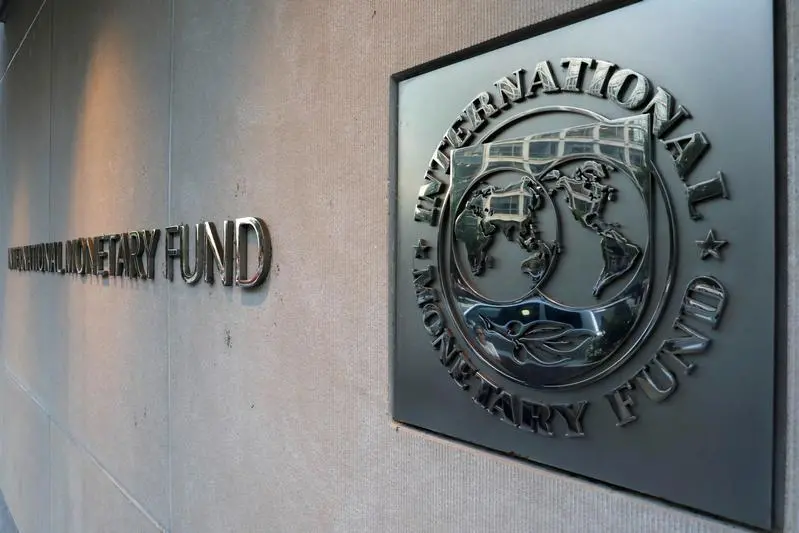PHOTO
While the global economy faces exceptional challenges amid pandemic, market volatility, defaults and evolving regulations are set to change the landscape for the financial sector, according to a senior IMF official.
On the financial front, individuals, businesses, and countries need phenomenal adjustments to the changes fueled by the ongoing COVID-19 situation, said Geoffrey Okamoto, the first deputy managing director of the International Monetary Fund (IMF).
Writing a report for IMF, Okamoto suggested that ‘in the COVID-19 world, risk has become riskier’ and the extreme swings in market conditions and asset prices seen early in the outbreak are set to change risk management models, with impacts on liquidity and capital buffers held to manage such risks.
“Regulations may also change, as policymakers seek to prevent a recurrence of the volatility and reduce the need for central bank interventions to preserve market functioning,” he said in the report.
While the recession will increase losses, the economic policymakers are confronted with an intricate new puzzle of how to finance higher spending demands amid falling revenue and ballooning debt, he said.
Impact on Individuals
Risk perceptions of individuals may change permanently after a sharp and sudden loss of income, leading to higher precautionary saving. In the short term, this may mean less debt, but in the long term it could lead to deeper structural changes, such as less willingness to take on a 30-year mortgage, said the IMF official.
Consumption patterns may change if people whose health is at high risk avoid certain activities. Consumers may decide to hold more essential goods in fear of new lockdowns, said Okamoto, but he also presented another perspective by asking a question: “What about a young woman who has mulled over a transformational business idea night after night at her kitchen table, but whose now-heightened aversion to risk means a business is never started, employees are never hired, and products are never launched?
Business Unpredictability
As the pandemic poses both economic and social challenges, companies also face a new set of uncertainties. The US carmakers have experienced spare parts shortages because the Mexican state of Chihuahua, where many suppliers are based, has limited factory attendance to 50 percent of employees. While such disruptions may lead manufacturers to diversify their supply chains or keep more inventory on hand, employee health is another new operational risk.
“Changing suppliers, keeping more inventory, and needing to invest in more advanced machinery all bear costs for manufacturers often operating on thin profit margins. But raising prices in a recession is also difficult,” he said, adding that for goods deemed “essential,” like medical supplies, countries may change regulations or subsidize domestic production, altering the competitive landscape. Similar to the households, companies hit by a sharp drop in revenue may keep higher liquidity buffers.
One of the solutions, according to the IMF official, is the improvement of risk assessment and risk management at all levels – household, business, and nation.
“Finding a new equilibrium between risk and resilience when there is so much uncertainty is a challenge we will face far into the future. It will require effort, patience, and innovative thinking. Fundamentally we will need more global cooperation. Everyone will be safe only when each one is safe. Only by working together will we overcome the massive uncertainty and the economic turmoil caused by this mighty microscopic scourge,” concluded Okamoto.
(Writing by Syed Atique Naqvi, editing by Seban Scaria)
Disclaimer: This article is provided for informational purposes only. The content does not provide tax, legal or investment advice or opinion regarding the suitability, value or profitability of any particular security, portfolio or investment strategy. Read our full disclaimer policy here.
© ZAWYA 2020





















